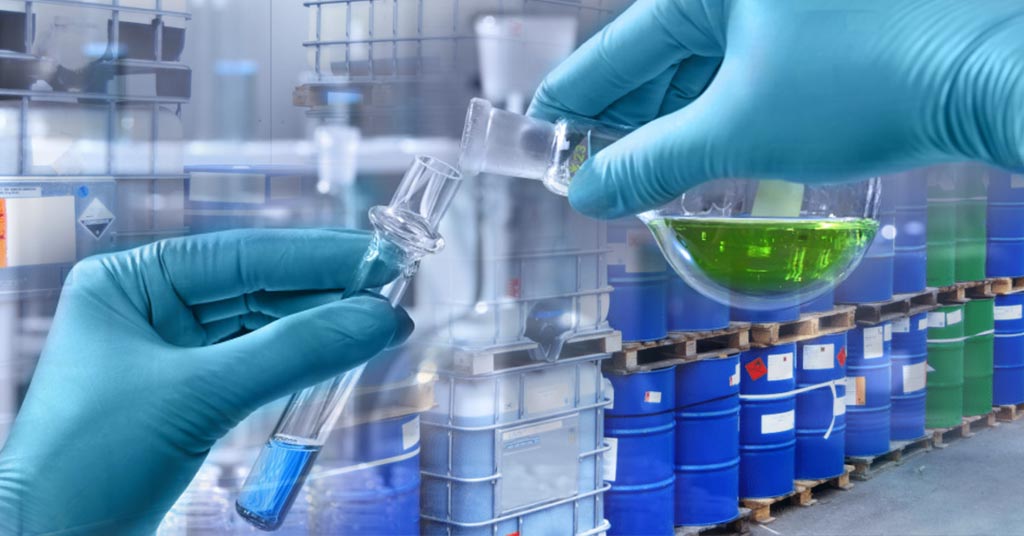Welcome To ChemAnalyst

Europe: According to EU data, China presently supplies 97% of Europe's magnesium needs, with the remaining 3% coming from nations like Russia, Israel, and Turkey. Responses to the commission's recommendations to restrict imports and increase domestic mining capacity by 10%, processing capacity by 40%, and recycling capacity by 15% have been conflicting. The Critical Raw Materials Act, which would reduce imports to 65% starting in 2030 and promote expanded production in Europe, has been suggested by the European Commission.
Magnesium has been proposed to be upgraded from "critical" to "strategic" status by the European Union. Magnesium is crucial for the technologies used in defence, space, and green and digital transitions. This change in classification is the outcome of a probable supply-demand mismatch and rising production difficulty.
284,000 tonnes of magnesium are anticipated to be produced annually by the rest of the globe by 2027, making up 21% of the world supply. This number is expected to rise to 400,000 tons annually by 2032 - making up 24% of the world's Magnesium production.
In order to boost its own production of magnesium, China has also made considerable expenditures in this sector. Romania, Bosnia-Herzegovina, Serbia, the US, Canada, Australia, and the Middle East are just a few of the nations where projects are now being implemented.
Before RoW can compete with China’s output, there are a number of obstacles that must be solved. For example, the cost of investment in electrolytic processing is substantial, and environmental laws have a significant impact on production size. Furthermore, the development may be hampered by European tax regulations concerning carbon emissions. Additionally, because magnesium has a limited shelf life (three months or less), it could be challenging to centrally coordinate purchasing and stockpiling.
As a result of dumping Chinese imports, Europe's final magnesium production facility in France was shut down in 2001. Industry group Eurometaux asked the European Commission to maintain the current anti-dumping measures for Silicon and Aluminium while putting in place temporary trade defence measures to shield new investments against Chinese dumping in sectors like Magnesium and rare earths.
We use cookies to deliver the best possible experience on our website. To learn more, visit our Privacy Policy. By continuing to use this site or by closing this box, you consent to our use of cookies. More info.
